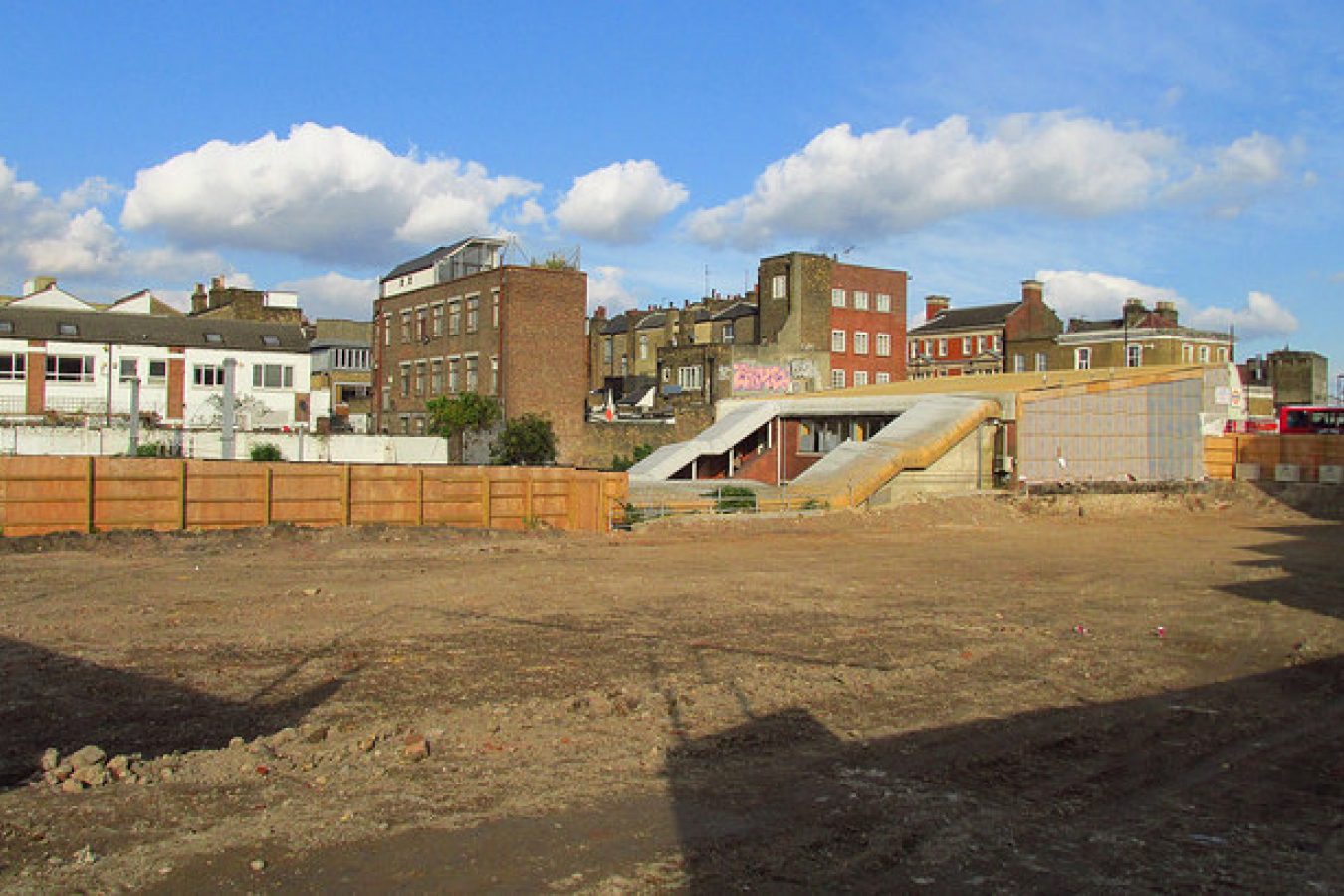Support migrant centric journalism today and donate

Record numbers of people are leaving Britain to live and work abroad, figures show. More than 350,000 men and women are emigrating every year, a rise of 30 per cent in 10 years, The Independent reports.
Experts are particularly concerned that the number of people in professional occupations leaving Britain has doubled since 1994.
Figures from the Office for National Statistics show that 359,500 people migrated from Britain to other countries in 2004, up from 236,500 in 1994.
While the outflow of people was offset by 582,000 foreigners coming to live in the UK for at least a year, there are concerns that Britain is proving less attractive to migrants, whom it desperately needs to plug staffing shortages.
Of the people leaving the UK, 207,600 were British citizens, the highest since current records began in 1991. The number of people in the professional classes emigrating almost doubled from 69,000 to 122,000 in the same period.
More detailed figures for 2003 show that the number of people going to live in Australia, for the first time, went over the 20,000 mark.
Nursing organisations have been warning that Britain's policy of recruiting nurses from abroad is backfiring as many of the foreign recruits are simply using the UK as a stepping stone before going to the United States, where salaries are much higher.
Figures from the Nursing and Midwifery Council show that, last year, 4,393 nurses left Britain for jobs in Australia and New Zealand - double the number who went in 1995.
Howard Caton, of the Royal College of Nursing, said: "It seems that nurses may be attracted to Australia and New Zealand early in their careers. But we are also seeing large numbers of nurses going to America. The opportunities for career advancement can be very good there.
"We have heard of foreign nurses being recruited by agencies to come and work in Britain, and then, six months later, they are approached by the agency to go and work in the US."
Poor workforce planning has also meant that hundreds of newly qualified junior doctors have found that there are no jobs for them in Britain, despite the fact that the NHS needs more staff. Andrew Roland, deputy chair of the British Medical Association's junior doctors committee said: "These are people who have trained for years to work in the NHS and have then found that there is no job for them.
"Doctors are not going abroad for an easier life, but to start their careers. The problem is about whether they come back or not."
A report by the World Bank last year found that one in six graduates leaves the UK, more than any other Western country. Professor Andrew Oswald, professor of economics at Warwick University, said: "We have a severe problem in holding on to our best graduates. A junior academic economist in Britain will earn about £25,000 a year; in America, they start on about £50,000 to £60,000."
Observers said that the growth in ownership of second homes may also be both a cause and effect of the migration out of Britain.
Enquiries to the currency specialist HIFX about buying a property in Australia have tripled since the beginning of this year.
Mark Bodega, marketing director of HIFX, said: "The traditional markets for buying a second home are France and Spain, but we are increasingly seeing people buy in places such as Australia and Dubai."
In the next 10 years, one in eight people who reaches retirement age is planning to move abroad, according to Alliance & Leicester International.
'Australia has better pay and more work' - Jonathan Jones, 36, engineer
Jonathan Jones, 36, is planning to move to Perth, Australia, with his partner, Haley, and their two children next month.
"We have never been to Australia but we have done a lot of research and I think we will really enjoy it," he said.
"We are moving for keeps. I was made redundant last year and there is a lot more work in Australia. The money is better and the cost of living is a lot cheaper, plus the children will get an outdoor life."
He added: "I am fed up with this country and what is happening to it with immigration and the like. When I was made redundant it took eight weeks to get any payment for the Jobseeker's Allowance - it's things like that that make me want to leave.
"A lot of my close family members have died and so we are going to Australia to start a new branch of our family there.
"We may get homesick but it is very exciting to be going."
'We really struggle to live here' - Ian Fernie, 40, nurse
Joining the growing exodus of senior-level nursing professionals, Ian Fernie is giving up the NHS for a new life overseas. Mr Fernie, a modern matron at King's College Hospital, south London, is taking up a new nursing job in Auckland, New Zealand, later this year with his girlfriend. Mr Fernie, 40, from New Cross, south London, has worked for the NHS for the past eight years. The main reason nursing staff are leaving London are low pay and lack of affordable housing. "It's not particularly easy to survive here as a nurse," he said.
"There may be government schemes to support key workers but London is a very expensive place. We really struggle to work and live here. The hardest part is the lack of money at the end of every month.
"Auckland is a great place. I'm probably not going to earn that much more money there than I am here but I'll be able to get a lot more for my money. We will have a much better lifestyle compared to working as a nurse in London.
"For me, that's what it's all about: having a better lifestyle and quality of life."





















